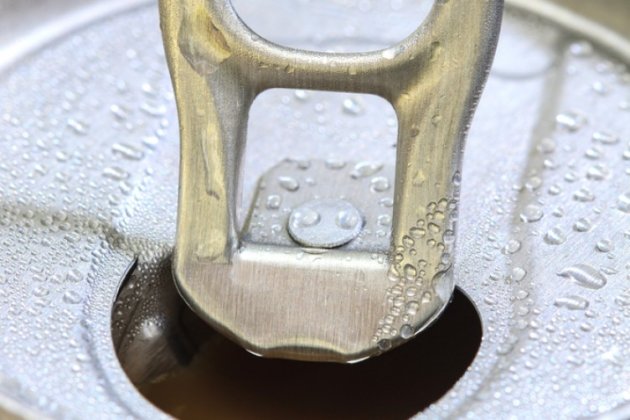Judo Business Strategy: Techniques for Beating a Stronger
Opponent
The idea of judo economics, building on analogies with the
sport of judo, has been around for at least 20 years. But taking these ideas
further to judo strategy means that a framework of strategic principles can be
developed to help companies put stronger opponents on the mat.
One
important not judo business technology is “If a challenger tries to capture the entire
market, the incumbent will fight back – and probably win”
The
following tactics can be used in a Judo Business Strategy:
Technique no. 1: the “puppy dog ploy”
In any kind of competition, your first goal is to stay in
the game. So judo strategy counsels’ challengers to keep a low profile and
avoid head-to-head battles that they’re too weak to win. This advice goes
against the grain for many managers. In a crowded marketplace, it’s often said,
you have to shout to be heard.
Technique
no. 2: define the competitive space
While
the puppy dog ploy is largely about defense, with this next technique, offence
comes into play. Here’s where you seize the initiative by defining a
competitive space where you can take the lead. Most champions rise to the top
by learning to excel at a few key skills – shoulder throws, for example, or
cutting costs.
Technique
no. 3: follow-through fast
By
combining the first two movement techniques, you create a window of
opportunity. Next, you need to use this opening to strengthen your position
through continuous attack. One day soon – and these days, that’s sooner than
ever – your competitors will see through the puppy dog ploy, rise to the
challenges of a new competitive space and seek to bring the advantages of
superior size and strength into play.
Technique
no. 4: grip your opponent
By
gripping an opponent early, you may succeed in pre-empting competition:
securing victory, in essence, by making it unnecessary to fight. You can also
build relationships with current or future rivals that limit their room for
manoeuvre or allow you to benefit at their expense. Both moves will undercut
their future ability to attack.
Technique
no. 5: avoid tit-for-tat
Through
gripping you can sometimes alter a competitor’s incentives sufficiently to head
off a battle. Often, however, despite your best efforts, a rival company will
eventually decide to attack. Once this happens, keeping your balance is a
challenge.
Technique no. 6: push when pulled
Gripping
your opponent and avoiding tit-for-tat help you minimise the prospect or impact
of a competitor’s attack. With push when pulled, you go one step further by
using your opponent’s force or momentum to your advantage.



